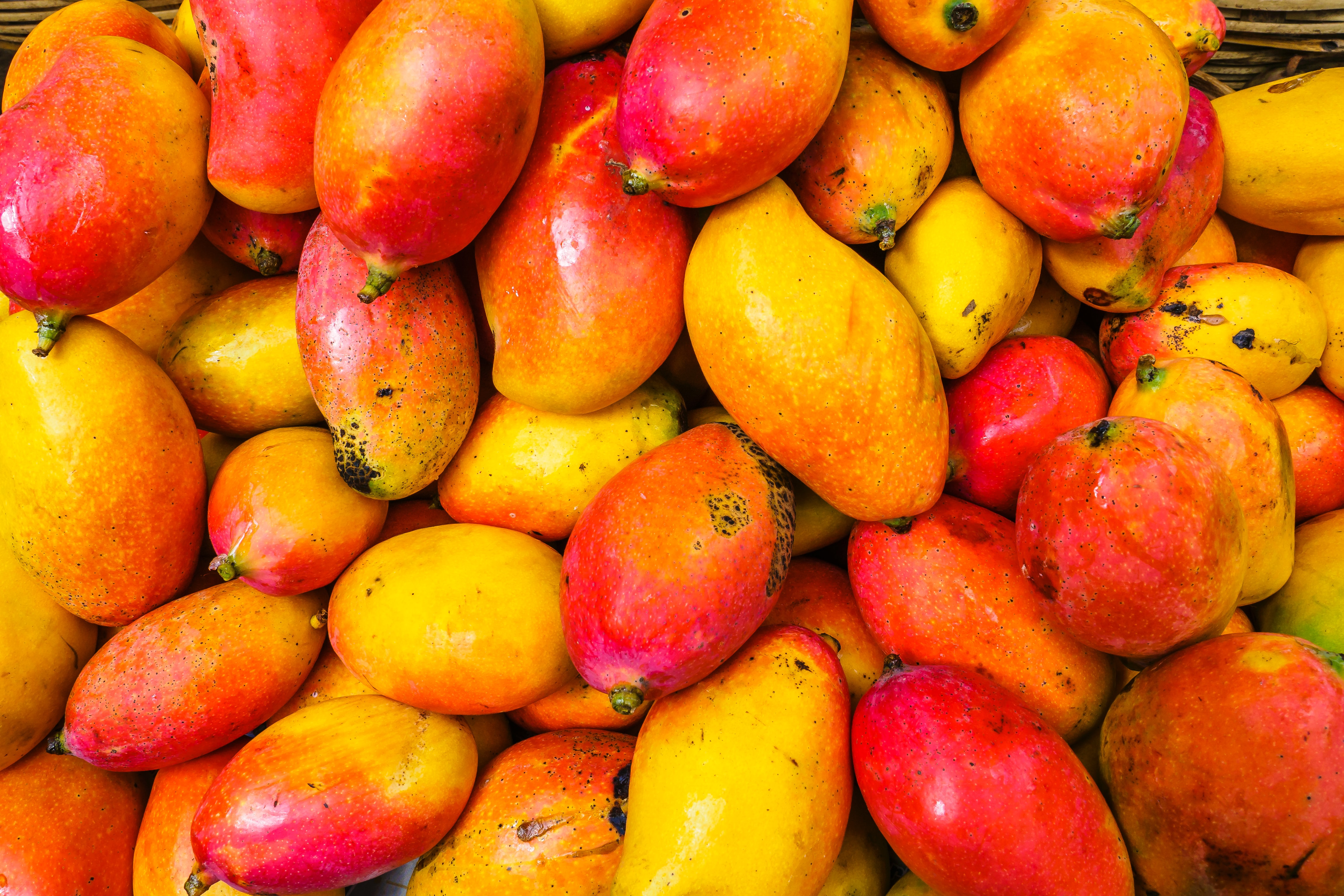Have you ever noticed that after eating, some foods are a little heavier on your digestion than others? Do you feel bloated, or your stomach grumbles a little longer than usual? This is because carbohydrates, fats and proteins are processed differently by your body. But why is that and what happens during digestion?
Enzymes produced by your body, the digestive enzymes, play a very important role in digestion. Without them, digestion and nutrient absorption would be virtually impossible. But enzymes are not only produced in our bodies, they are also found in all kinds of foods or are sold as digestive enzyme supplements to support digestion. These foods or supplements are meant to help support digestion if the body itself does not produce enough enzymes.
What are enzymes?
Have you ever noticed that after eating, some foods are a little heavier on your digestion than others? Do you feel bloated, or does your stomach grumble a little longer than usual? This is because carbohydrates, fats and proteins are processed differently by your body. But why is that and what happens during digestion?
What do digestive enzymes do?
Proteases, lipases, amylases - these are all generic terms for our digestive enzymes. Your saliva contains digestive enzymes. So do some organs, like the pancreas, gallbladder and liver.
1. Amylases for carbohydrate digestion
In the mouth, salivary amylase takes care of pre-digestion. But make sure you always chew thoroughly, because this only works if the amylase has enough time to work. In the small intestine, the food is then mixed with amylase from the pancreas, which breaks it down into absorbable particles.
2. Proteases for protein digestion
The enzyme pepsin begins to break down proteins in the stomach, making it easier for other proteases in the small intestine to break them down into even smaller particles. In the end, the protein building blocks amino acids are absorbed into the bloodstream.
By the way, you can find all the essential amino acids in our purely plant-based protein mixes Skinny Protein and Plant Protein.
3. Lipases for fat digestion
Fats are mixed with gastric acid and gastric lipase in the stomach by stomach movements, which partially breaks down fats. In the small intestine, the food is moistened with pancreatic juices and bile, which allow it to be broken down into absorbable particles.

Plant foods that contain digestive enzymes
Digestive enzymes can be found naturally in many foods because they come from the metabolism of plants and animals. Their work can be observed particularly well in fruit. Have you ever wondered why green bananas actually get sweeter over time? It's because of amylases. And why do apples turn brown? Because of polyphenol oxidases.
Enzyme-rich foods can also help your digestion. That's why we've put together our top 5 enzyme-rich foods!
1. Pineapple
Pineapples primarily contain a group of digestive enzymes called bromelain. Bromelain is a protease, so it gets to work straight away with the proteins. It has also been used by humans for a long time as a natural remedy for sore muscles, pain or burns. Want to reap all the benefits of pineapple? With Gut Restore, it's never been easier!
2. Mango
Mangoes contain amylases that become more active as the fruit ripens. Do you have trouble digesting carbohydrates? Then a delicious, ripe mango could be a perfect dessert choice for you! A healthy and supportive choice for your gut health.
3. Banana
Bananas also contain amylases to break down carbohydrates. So go for the perfect healthy snack that not only satisfies your sweet tooth, but also makes your gut happy.
4. Ginger
Used in traditional medicine for thousands of years, this little spicy rhizome is a true allrounder. Again, digestive enzymes are one of the reasons why ginger is so valued.
Ginger contains the protease zingibain, which is said to help digest proteins. Likewise, ginger is said to increase the body's production of amylases and lipases. Because we love the power of ginger, we've packed it as an ingredient in our Gut Feeling Mix and our Golden Mellow Mix.
5. Kiwi
This berry is often recommended to aid digestion as it contains, among other things, the protease actinidain. This is said to aid digestion by breaking down protein more efficiently, as well as relieving bloating and constipation.
In a nutshell:
Digestive enzymes ensure that we break down fats, proteins and carbohydrates into smaller molecules so that we can absorb nutrients in the first place. Without enough digestive enzymes, the body cannot digest food particles properly, which can lead to food intolerances and deficiency symptoms.
Especially with age or due to unfavorable environmental factors, the production of the body's own digestive enzymes can be limited. So why not use the power of nature to provide a little digestive support to promote intestinal health.





